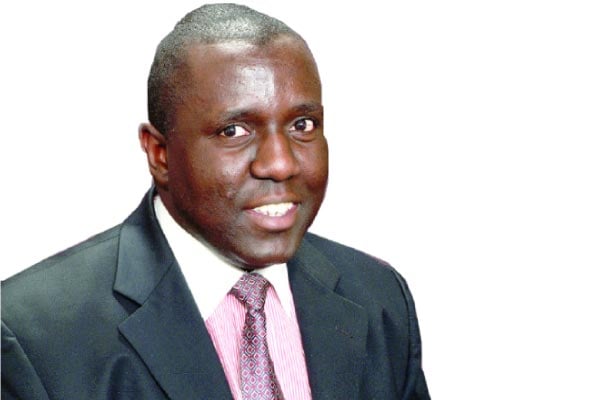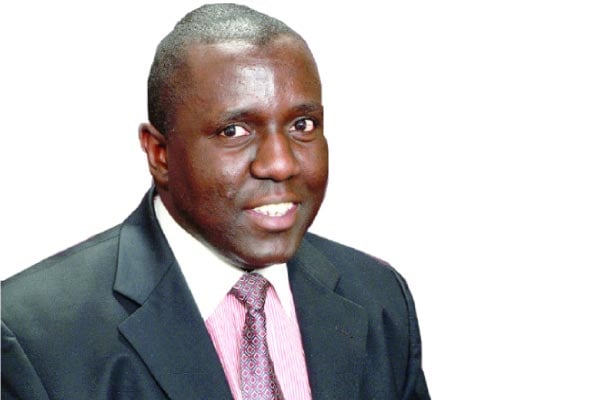Prime
How the battle of ideas clashed with reality after independence in most of Africa

Author: Mr Karoli Ssemogerere is an Attorney-at-Law and an Advocate.
What you need to know:
- It is only that the civilians in those chambers were always sitting on borrowed power.
I do enjoy driving, and have thousands of miles under my left foot, including impossible lengths of distances.
In 2008, right on the eve of the financial crisis that brought the world’s economy to its knees, I completed a round-trip from Baltimore to Quebec City, through first Buffalo and Niagara Falls to Toronto, then eastwards to the ocean, spending nights, with a bit of a puzzle at the height of internet application, priceline.com.
You always scored a good night in an upscale hotel, if you were patient enough to park outside a nice one and engage in a bidding war on the internet. Name your price, you call it.
One person who never encouraged me much to drive was my father. I drove him only a few times, and in turn he drove me a little more. He was able to drive almost until the time he died at age 90.
During the Obote regime, where he was Member of Parliament, on a Saturday morning, we drove him in the passenger seat, but sometimes with one of his proteges through some treacherous paths in Ssisa and Kasanje sub-counties that he represented in Parliament.
There was a man, a UPC functionary Edward Kabira who was executed at the time of the 1985 coup associated with high handedness and another Night Kulabako a Gombolola Chief, not as atrocious but who also did time after the Obote government fell.
As we visited his friends and relatives, in his yellow Fiat, Miafiori, a gift of the Italians to the Democratic Party who prayed that Uganda’s experiment with electoral democracy did not collapse, would narrate tales of regime excesses, arrests, kidnaps, torture and murder in some cases, you wondered why these trips were necessary in the first place.
In the last few years of his life, for some reason, I began catching up with some of the foundations of these ideas that Africans like many others could imitate a western form of government. Government run by elected officials, a parliamentary system where ideas, not force clashed to chart a way forward. Debating one’s mind did not come easy.
In the 1960s, Uganda’s parliamentary chamber was reduced to a farce, after DP, the official Opposition, crossed to UPC in 1964. Then the Kabaka Yekka Members of Parliament, having woken up, also quickly divided up and most again ended up in UPC.
That the real first parliamentary motion to hold Milton Obote’s government to account tabled by David Ochieng, a Kabaka Yekka MP representing Mityana, culminated in the arrest of not 1 but 5 cabinet ministers, kicking off a series of events that ended with the ouster and exile of Frederick Muteesa as President.
And yet the end of the 1962 semi-federal experiment on paper was not the unmitigated disaster it is sometimes portrayed to be. The other kings were pensioned off.
The 1967 Constitution laid even more basis for “competitive elections” devoting a number of provisions defining who an independent Member of Parliament was, and so on.
It is only that the civilians in those chambers were always sitting on borrowed power. Uganda, an Indian River Colony 1897-1972 written by Samwiri Lwanga Lunyiigo, President Museveni’s first speechwriter, could have benefited from better editing. It’s a short narration of just 200 pages that can fit in a glove box for the front passenger to feed on, on just one long trip from Kampala to Kabale, cover to cover.
Desperate at Milton Obote’s overstay, and misuse of state power, Lwanga Lunyiigo says the politicians of the 1960 were still shy, they never stole directly from the Treasury but did the bidding of the Indian commercial class, Ugandans gave up Parliament entirely in 1971.
When Parliament came back in 1979, it was on the back of a military putsch backed by Tanzania that forced Idi Amin from power. And the story of the NRC, where people like my father and Joyce Mpanga participated, had “closed sessions” that debated resolutions of the NRA’s Army Council, sometimes to great effect and theater.
In the closed sessions, the President himself presided. He hasn’t done that since 1996, but then Parliament has found itself challenged by the fact that the real power remains outside it. These questions still remain, are we doomed to produce cheap raw materials or one day we shall manufacture finished goods? No one knows the answer.
Mr Ssemogerere is an Attorney-At-Law and an Advocate.
[email protected]



